Gardens, With their soft soil, Lush greenery, And A plethora of intriguing scents, Can prove irresistibly enticing to our feline friends. While cats are natural wanderers And may be drawn to explore these verdant spaces, Their presence can sometimes disrupt the delicate balance of A garden. From digging up seedlings to using flower beds as litter boxes, Cats can unwittingly wreak havoc on A gardener’s hard work. For garden enthusiasts And cat lovers alike, Finding harmonious ways to maintain the sanctity of the garden without alienating our furry companions is crucial. In this guide, We’ll delve into practical And humane methods to keep cats out of the garden, Ensuring that both plants And pets can thrive.
Understanding Cat Behavior
Understanding cat behavior requires A blend of observation, Patience, And knowledge of their instincts. At first glance, Felines might seem mysterious, With their inscrutable expressions And unpredictable reactions. However, Their actions often stem from evolutionary traits. For example, A cat’s penchant for high places, Like shelves or tree branches. Can track back to its ancestors’ need to find vantage points to scout for prey And avoid predators. Similarly, Their habit of kneading soft surfaces harks back to their kittenhood, Where the motion stimulated milk flow from their mother. By recognizing the origins of these behaviors And the cues cats give through body language. Such as tail flicks or ear positioning, We can gain A deeper appreciation for their unique personalities And better cater to their needs And preferences.
Here Are Some Guides To Keep Cats Out Of Garden
Designate A Cat-Friendly Area
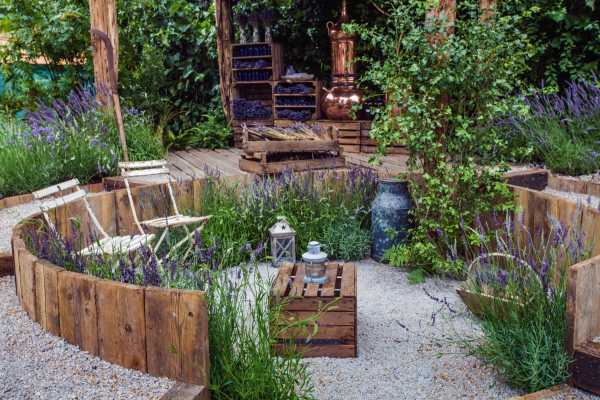
One of the most effective ways to keep cats out of your garden is by giving them an area of their own. By designating A cat-friendly space, You can redirect their attention And provide them with an environment they’ll find more appealing than your garden. This area could have soft sand for them to dig in, Toys to play with, And tall grasses to hide within. By offering them an attractive alternative, They’ll be less tempted to frolic amongst your plants.
Using Netting And Mesh To Protect Specific Areas
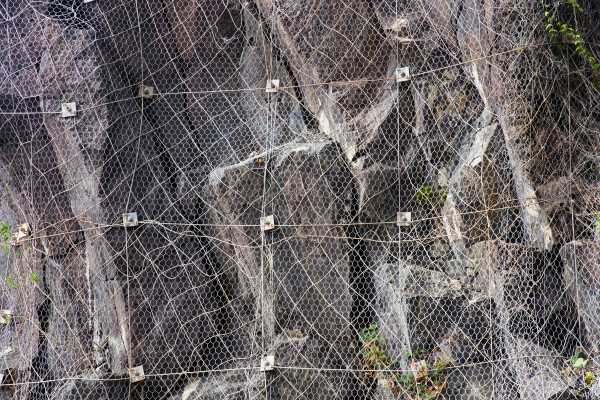
Certain plants or sections of your garden might be particularly enticing to cats, Or they might be especially vulnerable. Using netting or mesh is an excellent solution. These can act as A physical barrier, Preventing kitties from digging or lying in these areas. Choose materials that are environmentally friendly And won’t harm the cat should they come into contact with them. The sight of these barriers alone can sometimes be enough to deter kitties.
Using Rough Surfaces To Deter Cats
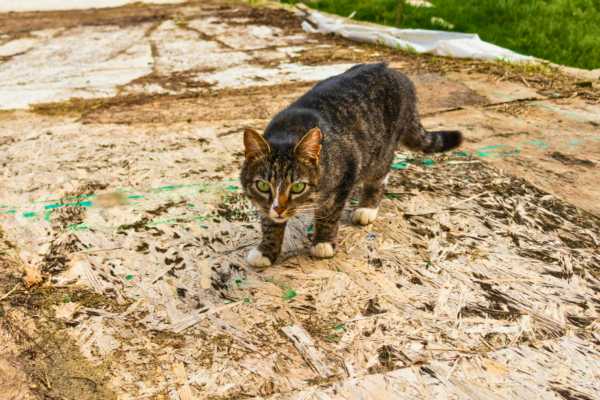
Cats prefer to walk And rest on soft surfaces, So introducing rough textures can discourage them from entering certain parts of your garden. Scatter pebbles, Pine cones, Or broken nutshells around plants or garden beds you want to protect. These textures are uncomfortable for kitties to walk on And will likely keep them away. Remember to ensure that whatever materials you use won’t negatively impact your plants or the local ecosystem.
Install Garden Fencing
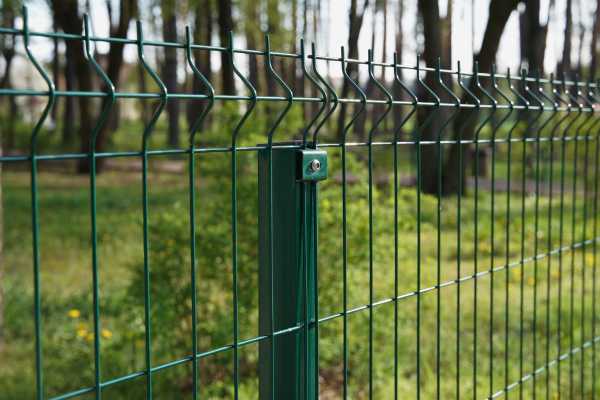
The key is to opt for fencing designs that cats find challenging to climb. Purr-fect Fence, For example, Offers fencing specially designed to keep kitties within or outside designated areas. You can also angle the top of the fences outward, Which makes it difficult for kitties to climb over. When installing fencing, Always ensure it’s of A height that cats can’t easily jump over.
Use Spiky Plants Or Mulch
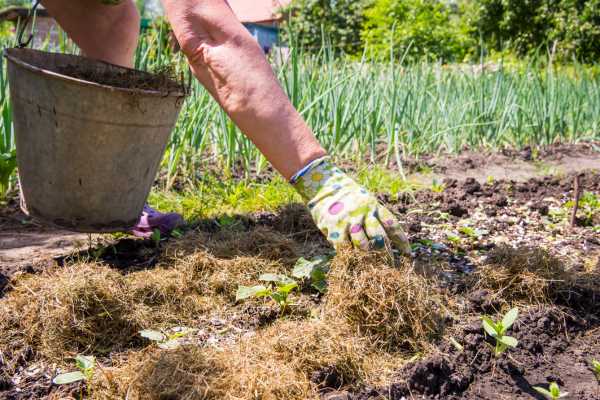
Cats love to tread on And relax in soft areas, So introducing plants with spiky foliage or using spiky mulches can be A natural deterrent. Plants like the holly or certain types of ornamental grasses can discourage kitties from lounging in those areas due to their prickly nature. Mulches are made of rough materials, Such as pine cones or rose cuttings. Can create an uncomfortable surface for kitties, Making them think twice before stepping onto your garden beds.
Citrus And Coffee Grounds
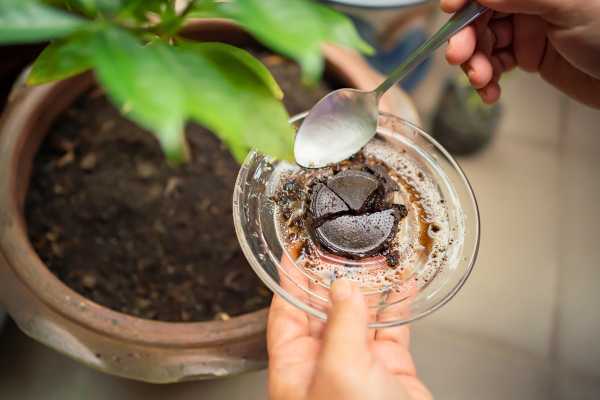
Most cats are put off by the strong smell of citrus. Scattering citrus peels like those from oranges, Lemons, Or grapefruits can be an eco-friendly way to keep cats at bay. Used coffee grounds can be spread around the garden. Not only do many kitties find the smell unappealing, But coffee grounds can also enrich the soil, Serving A dual purpose.
Commercial Cat Repellents
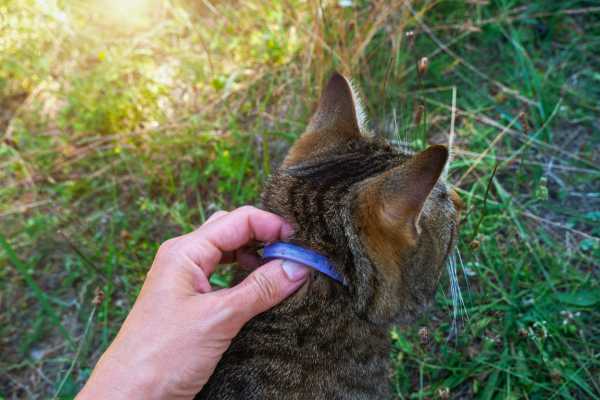
These repellents are formulated to be unpleasant for cats but are safe to use around plants And won’t cause any harm to the kitties themselves. Always read And follow the manufacturer’s instructions to ensure the best results.
Sound And Motion-Activated Devices
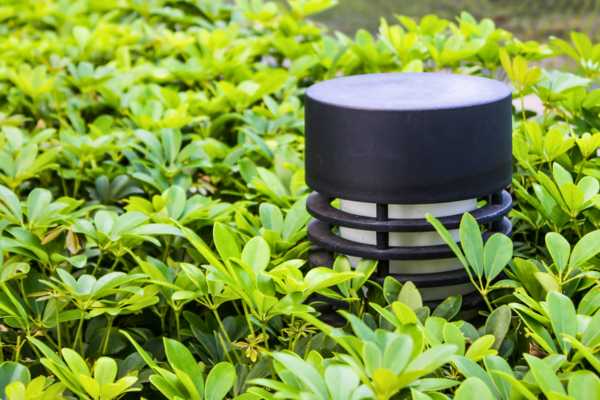
Technology offers A hand in the quest to keep chipmunks out of gardens cat-free. Devices that emit A high-pitched sound, Undetectable to the human ear but annoying for cats, Can be used. Motion-activated sprinklers can serve as A gentle deterrent. When A cat ventures too close, The sudden spritz of water will likely startle them. Creating an association that will make them think twice before re-entering.
Sprinkler Systems And Motion Detectors
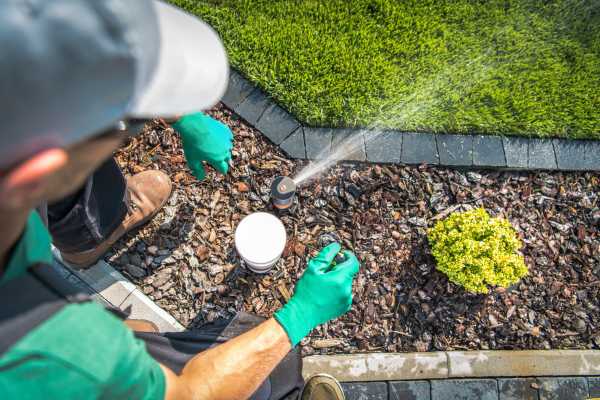
One of the most effective deterrents for cats in gardens is the combination of sprinkler systems And motion detectors. These devices can detect movement within A certain range And respond by releasing A burst of water. The sudden spray is both surprising And unwelcome. They learn to associate the garden with these unexpected watery encounters And are less likely to return. Ensure the system is set up correctly to avoid over-watering plants or unintentionally soaking visitors!
The Effectiveness Of Water Guns And Balloons
Water guns And water balloons can be another way to deter cats, But they come with some reservations. While A gentle squirt from A water gun can startle A cat And dissuade it from returning, It requires constant vigilance from the gardener. Water balloons, Though they might sound fun, Can be A bit harsher And might frighten the cat more intensely. It’s essential to ensure that any method used is not causing harm or extreme stress to the animal.
Regular Pruning And Maintenance
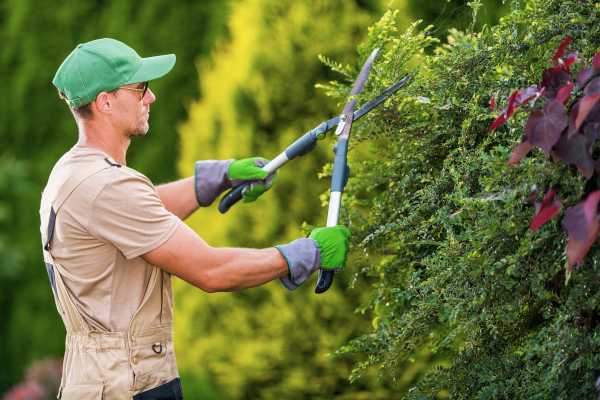
Overgrown bushes provide great hiding And lounging spots. Regular pruning And maintenance remove these appealing nooks And crannies. A well-kept garden often has fewer pests, Which means there’s less for A cat to “hunt” or attract to.
Cover Loose Soil
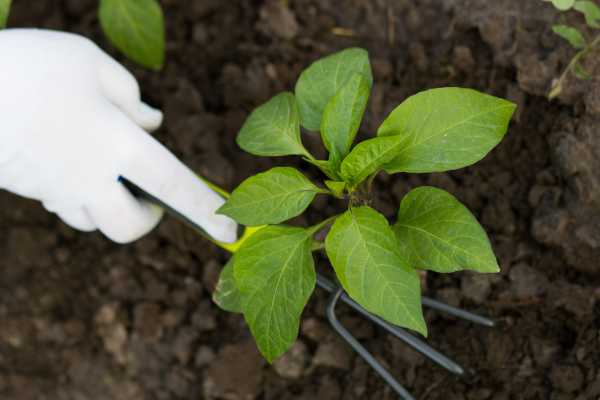
Cats are naturally drawn to loose soil as it reminds them of A litter box — perfect for digging and doing their business. To prevent this, Consider covering exposed patches of loose soil with ground covers like low-growing plants, Decorative rocks, Or mulch. Not only will this deter kitties, But it will also contribute to A more polished garden appearance And help retain soil moisture.
Final Thoughts
Ensuring that our gardens remain free from feline intruders requires A blend of preventative And deterrent measures. By employing strategies such as planting cat-repelling plants and using natural deterrents like citrus peels, And coffee grounds. By installing physical barriers like chicken wire, One can effectively keep cats at bay. Offering alternatives like A designated cat-friendly space can divert their attention away from the main garden. Protecting our gardens not only preserves the plants And wildlife within but also ensures A harmonious coexistence with our feline neighbors. To always opt for humane And non-toxic methods, As the safety And well-being of all animals should be A primary concern.
